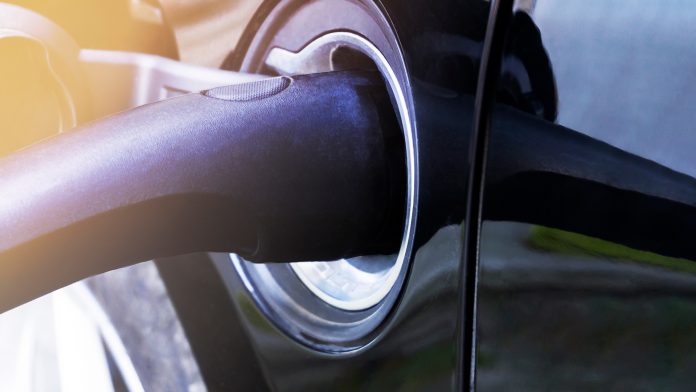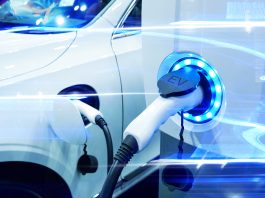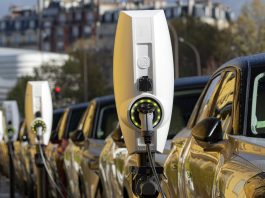Government drives clean energy revolution with new strategy to improve user experience at electric vehicle charge points, and to provide faster charging for longer journeys.
With the UK electric vehicle (EV) industry continuing to grow, the UK’s charging network has been given a huge boost. On the 25 March 2022, the government unveiled plans to support the market to achieve the goal of installing 300,000 public electric vehicle charge points by 2030, which is almost 5 times the number of fuel pumps on our roads today.
This initiative has been funded with £1.6bn, under the Electric Vehicle Infrastructure Strategy. Therefore, charging for EV owners is set to become easier and cheaper than refuelling a petrol or diesel car. Additionally, new legal requirements on operators will see drivers of EVs able to pay by contactless, compare charging prices, and find nearby charge points via apps.
Increasing electric vehicle charge points
The new strategy sets out the government’s aim to expand the UK’s charging network, so that it is robust, fair, and covers the entire country. The UK government also aims to improve the consumer experience at all charge points, with significant support focused both on those without access to off-street parking, as well as those requiring fast charging for longer journeys.
£500m of the funding will be invested to bring high quality, competitively priced public charge points to communities across the UK. This includes a £450m Local Electric Vehicle Infrastructure (LEVI) fund, which will boost projects such as EV hubs and innovative on-street charging, meaning that those without driveways will not have to miss out on cleaner transport.
“We are powering ahead with plans to help British people go electric, with our expanding charging network making journeys easier right across the country,” commented Prime Minister Boris Johnson. “Clean transport is not just better for the environment but is another way we can drive down our dependence on external energy supplies. It will also create new high-skilled jobs for our automotive and energy sectors and ultimately secure more sustainable and affordable motoring for all.”
The LEVI fund
A pilot scheme for the LEVI fund is launching today (28 March 2022) and will see local authorities bid for a share of £10m in funding, allowing selected areas to work with industry and boost public charging opportunities. Meanwhile, the LEVI funding includes up to £50m to fund staff to work on local challenges and public charge point planning, which ensures that any development complements all other zero emission forms of travel, such as walking and cycling.
The existing £950m Rapid Charging Fund will support the rollout of at least 6,000 high powered super-fast charge points across England’s motorways by 2035, ensuring the UK continues to lead the Western world in the provision of rapid and ultra-rapid public chargers.
This is in addition to the Ministers’ pledges to continue addressing any barriers to private sector rollout of electric vehicle charge points, such as local councils delaying planning permission and high connection costs.
Ambitious and innovative charge point operators are already committed to installing an additional 15,000 rapid charge points across England’s entire road network – a quadrupling of the current offer – and over 100,000 on-street charge points by 2025.
User experience at charge points evaluated
These plans will also require a 99% reliability rate at rapid charge points to ensure they are world-class and give consumers confidence in finding charge points that work wherever they travel – helping eradicate so-called ‘range anxiety’. Even with recent trends in electricity prices, EVs still benefit from lower fuel, running, and maintenance costs than their petrol and diesel equivalents. Thus, the government’s aim with this strategy is to encourage drivers across the nation to make the switch.
Production costs also continue to fall, with certain analysts expecting purchase price parity with petrol and diesel cars to be reached well within the 2020s.
This forms part of wider government plans to reduce the UK’s reliance on imports of foreign oil, improving the security of our energy supply, and reducing the country’s vulnerability to volatility in global energy prices.
“No matter where you live – be that a city centre or rural village, the North, South, East or West of the country – we are powering up the switch to electric and ensuring no one gets left behind in the process,” commented Transport Secretary, Grant Shapps. “The scale of the climate challenge ahead of us all is well known, and decarbonising transport is at the very heart of our agenda.”









